If you see yourself as a bit of a handyman or woman, it’s tempting to take on any old household task, no matter how big or small. But while DIY fixes can be great for saving time and money, some repairs are strictly off-limits unless you’re a licensed professional. Here are a few home fixes you’re not legally allowed to do yourself in many states.
Electrical Panel Work
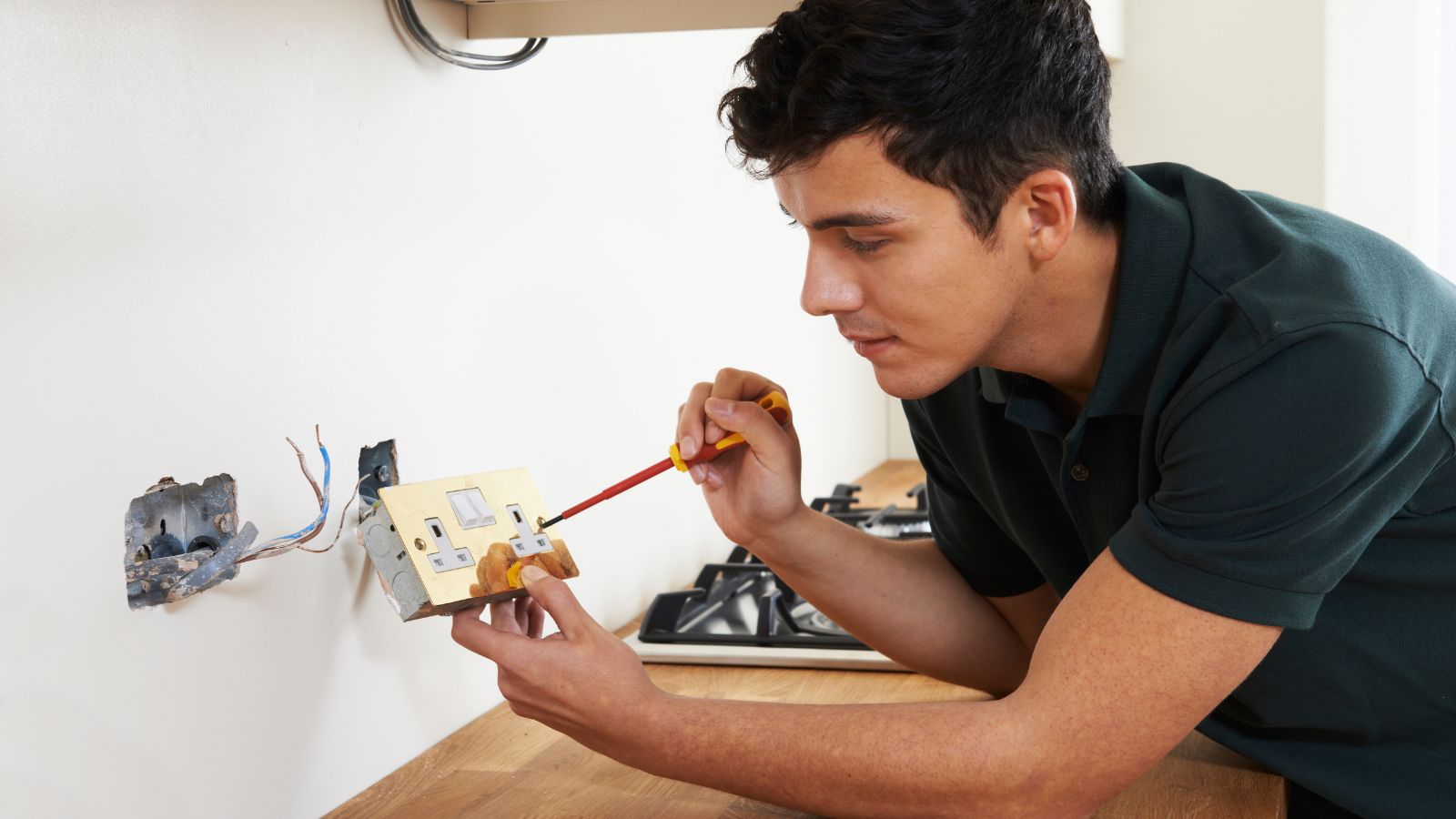
Tinkering with your home’s electrical panel is one of the biggest no-nos for DIY enthusiasts. Any rewiring, panel upgrades, or repairs definitely require a licensed electrician.
Electrical panels handle a high amount of voltage, and mistakes can lead to serious injury, fire hazards, or even death. Local codes also require permits and inspections to ensure the work meets safety standards.
Gas Line Repairs
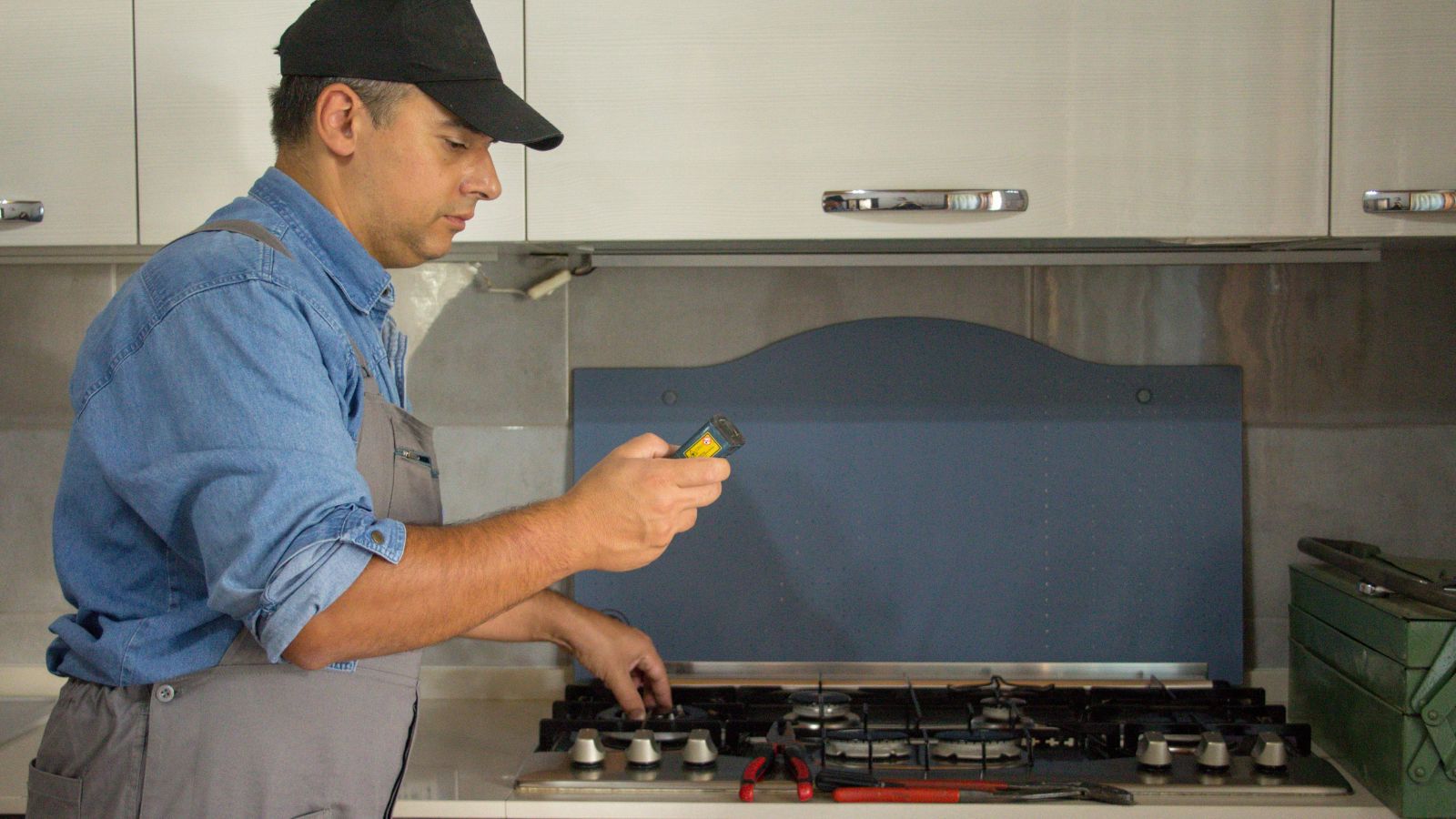
Anything involving gas lines is best left to the professionals. Gas leaks are extremely dangerous and can lead to explosions or carbon monoxide poisoning if mishandled. Even minor repairs or adjustments to gas appliances require a licensed technician. Tampering with gas lines without proper training is both illegal and a major safety risk for you and your entire neighborhood.
Roofing Overhaul
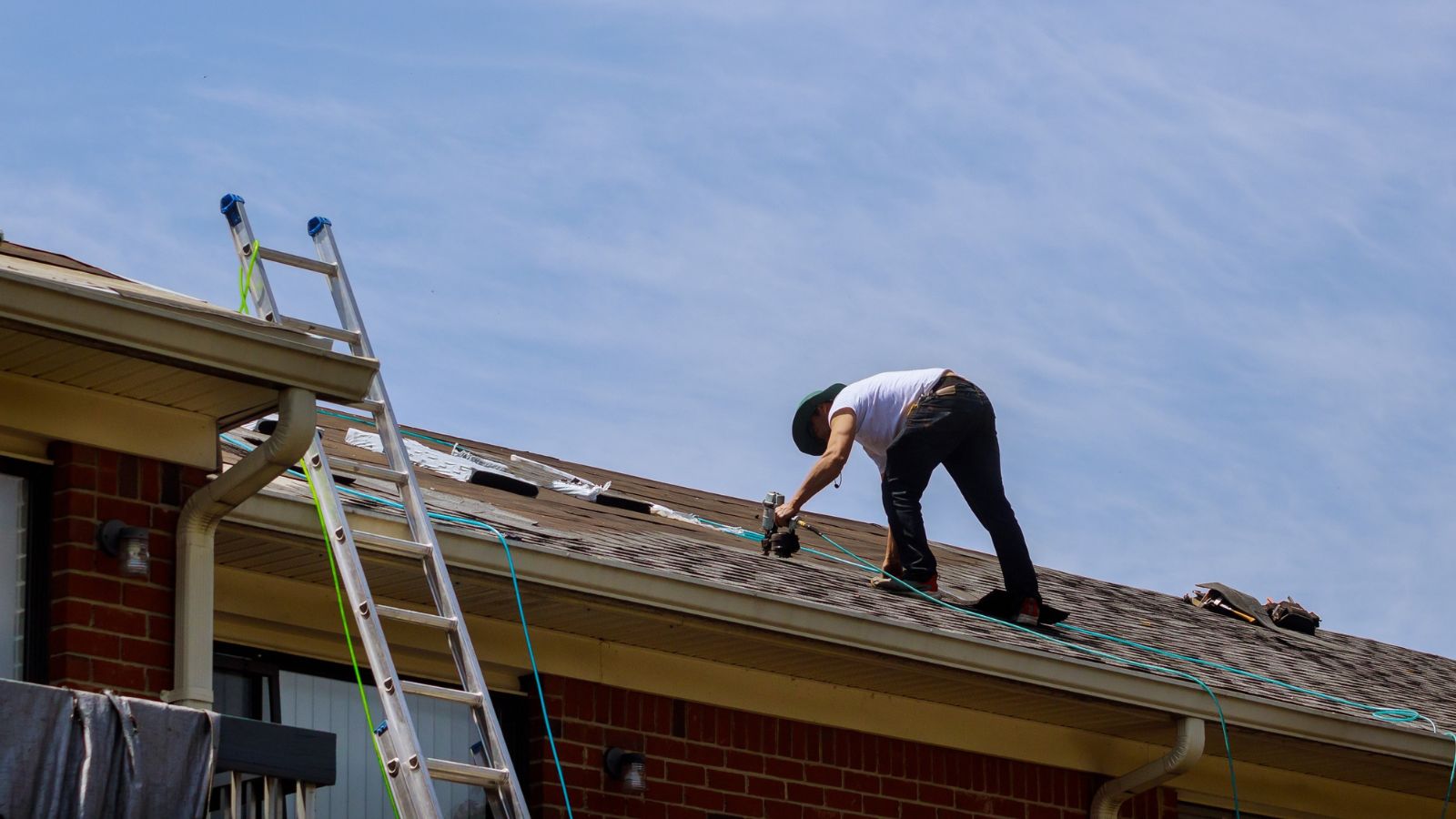
While patching a small leak or replacing a shingle might be fair game, a full roof replacement is a different story. In many areas, this type of work requires permits and licensed professionals to ensure the structural integrity of the home.
Improper roofing can lead to water damage, mold growth, or even roof collapse, which is why regulations are so strict.
Installing or Repairing a Septic System
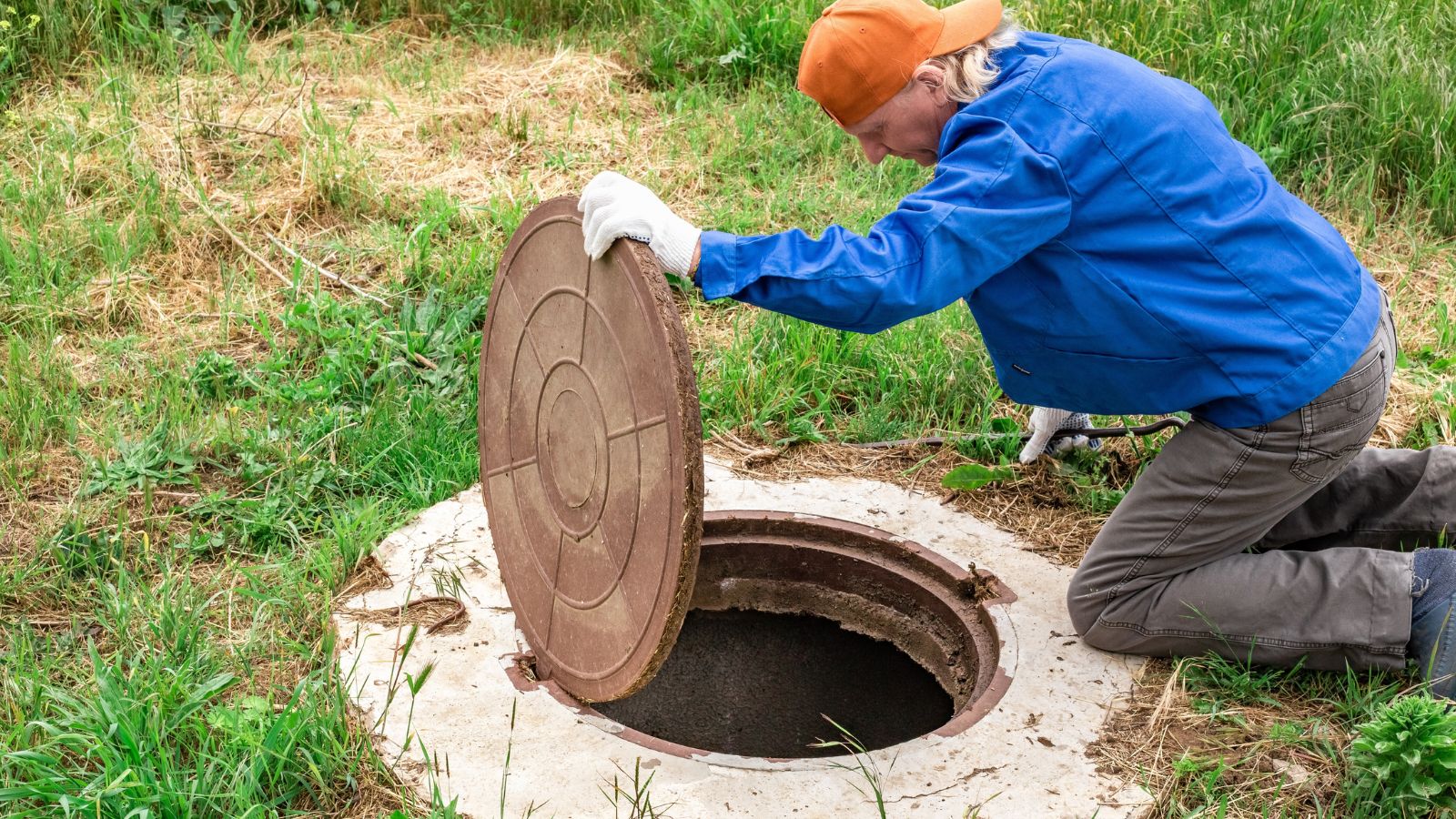
Septic systems are highly regulated because of the potential health and environmental risks involved. Installing or repairing a septic tank requires extensive knowledge of soil conditions, drainage systems, and wastewater management. Most states require a licensed contractor to handle this kind of work, as mistakes can contaminate groundwater or cause hazardous leaks.
Structural Changes
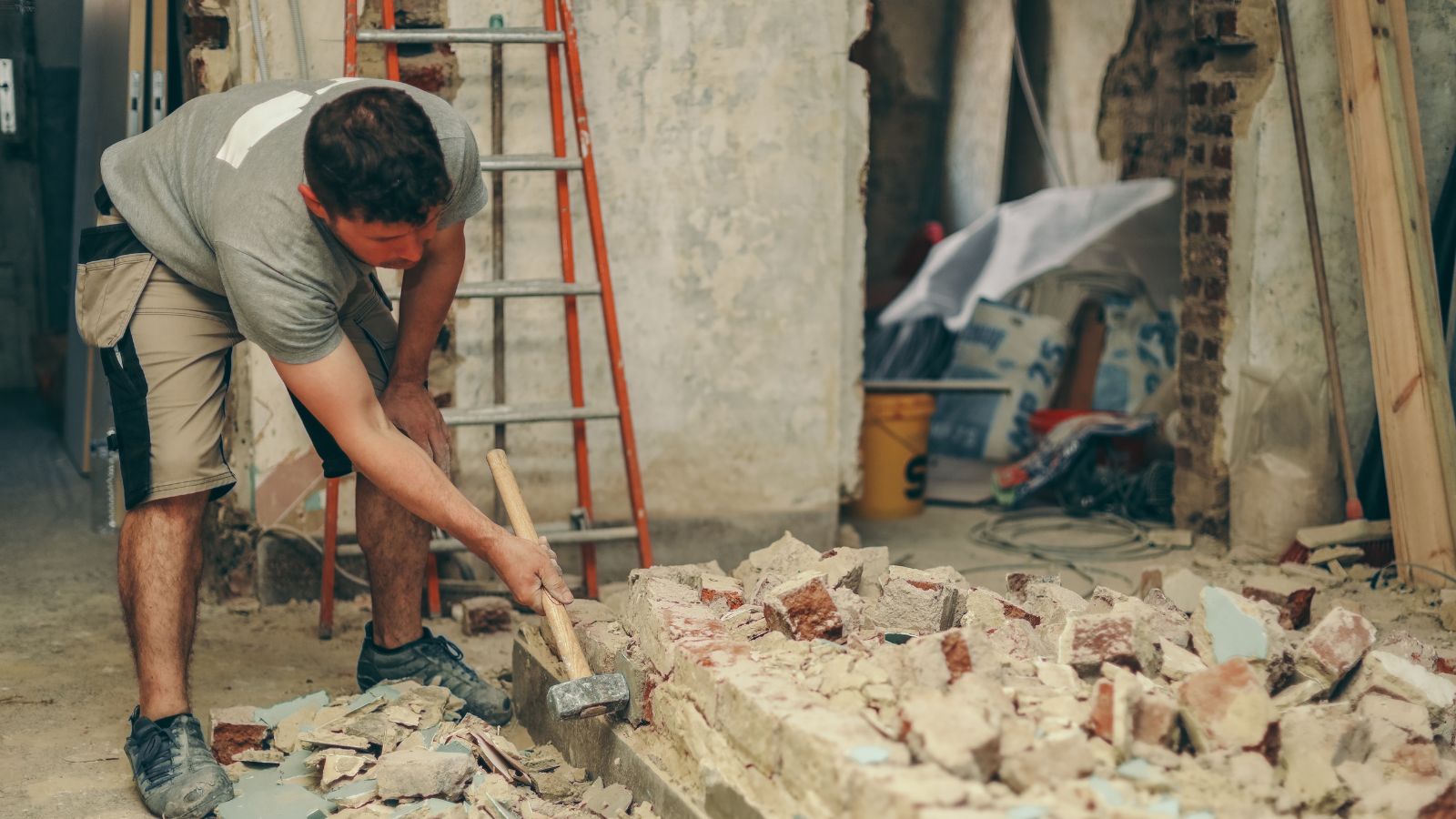
Thinking about knocking down a wall to open up your living space? Think again. Structural changes to your home, such as removing load-bearing walls or altering roof supports, almost always require permits and a professional contractor. These changes impact the stability of your home, and any mistakes can result in costly repairs or even a structural collapse.
HVAC Repairs
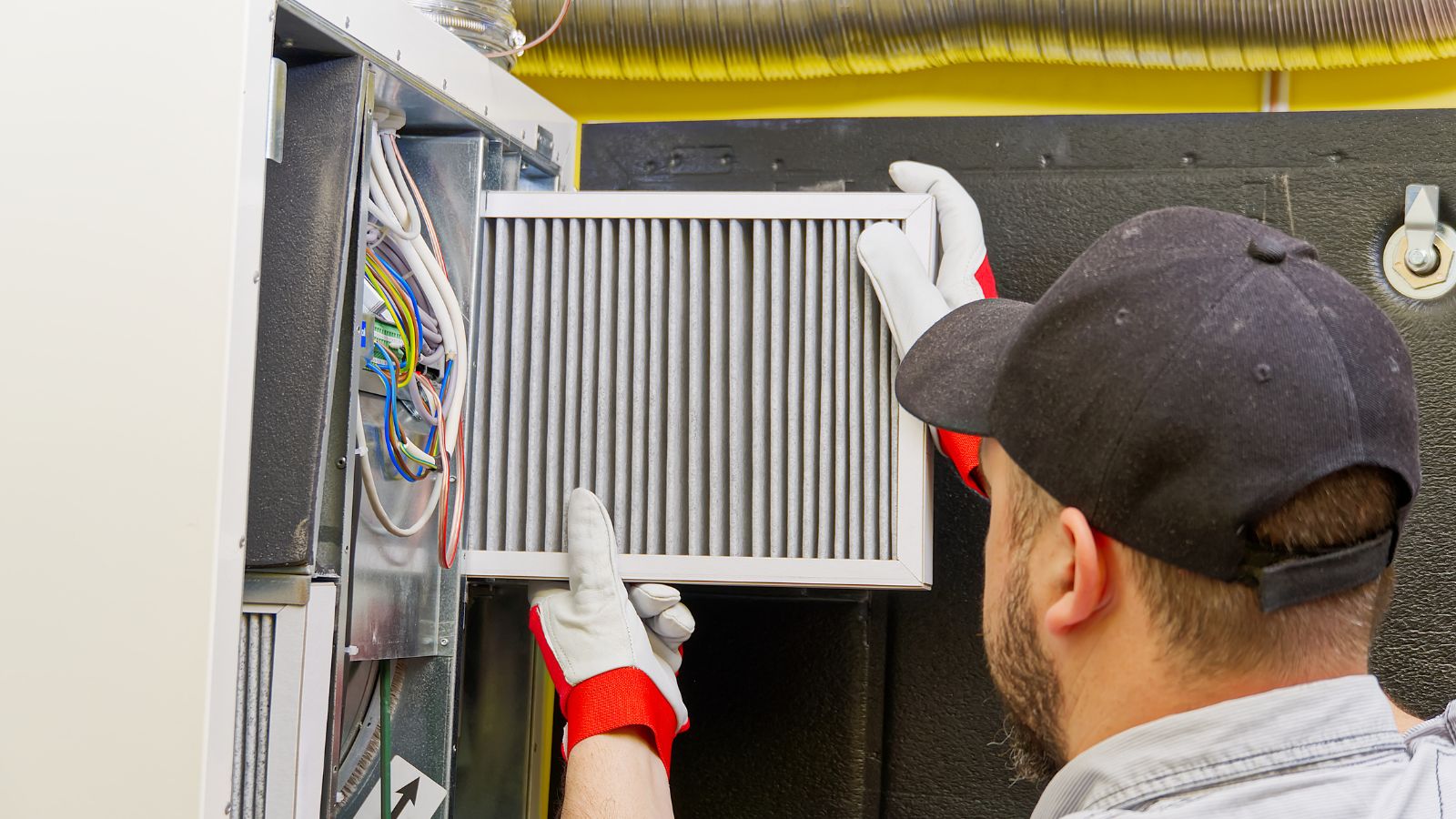
Heating, ventilation, and air conditioning systems are complex, and repairs often involve both electrical and refrigerant work. Refrigerants are heavily regulated because they can be harmful to the environment if not handled correctly.
Plumbing Alterations
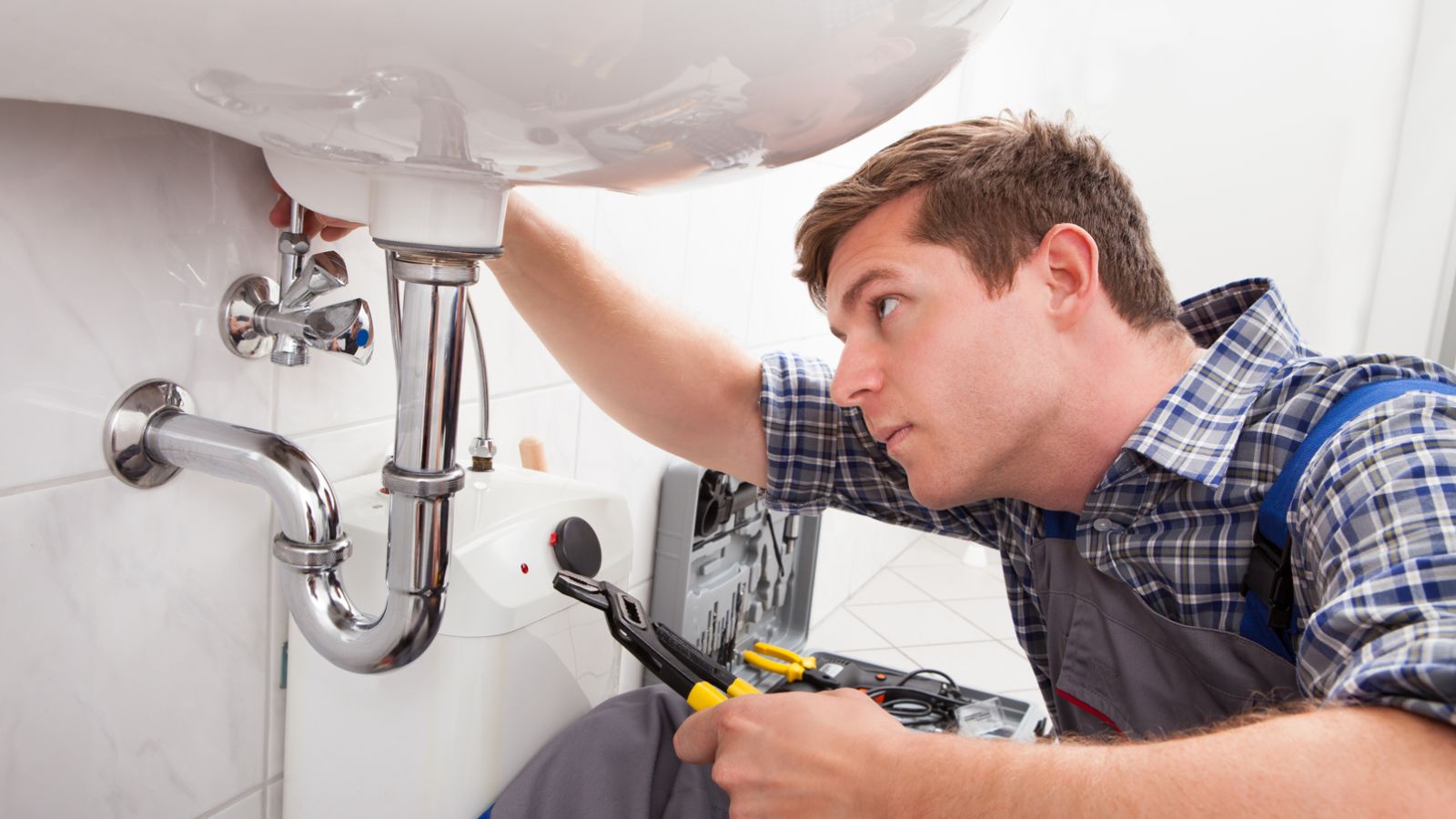
While unclogging a drain or replacing a faucet is usually fine, more extensive plumbing work requires a professional. This includes relocating pipes, installing new water lines, or connecting to a municipal sewer system. Plumbing mistakes can result in leaks, flooding, or water contamination, which is why permits and licensed plumbers are often required.
Window Replacement
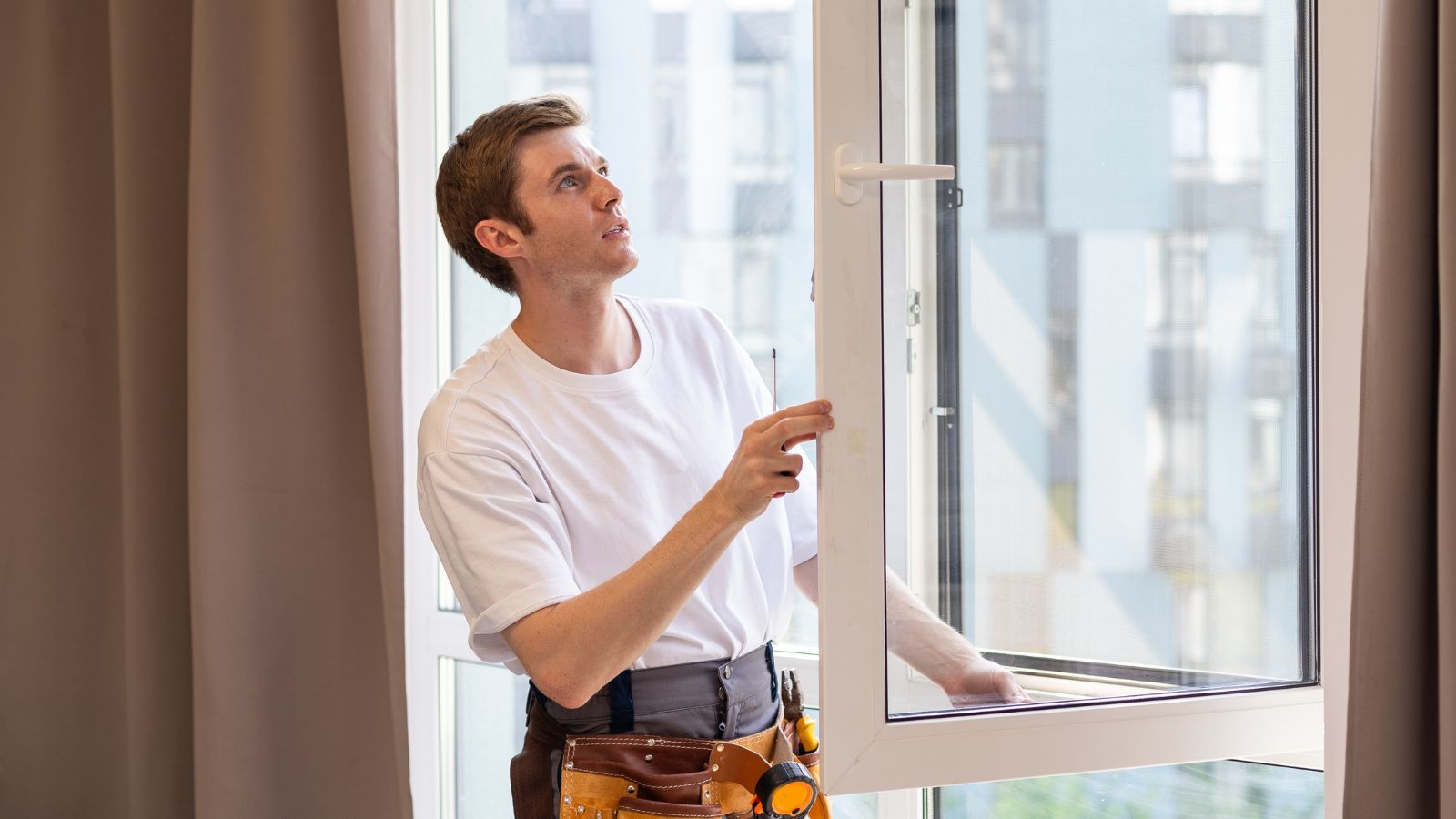
You might think that swapping out a broken windowpane seems simple enough, but full window replacements can require permits, especially if they involve structural changes. Improperly installed windows can lead to water damage, air leaks, and energy inefficiency.
Local codes often dictate specific installation standards to ensure your home remains weatherproof and secure.
Adding or Replacing Fireplaces
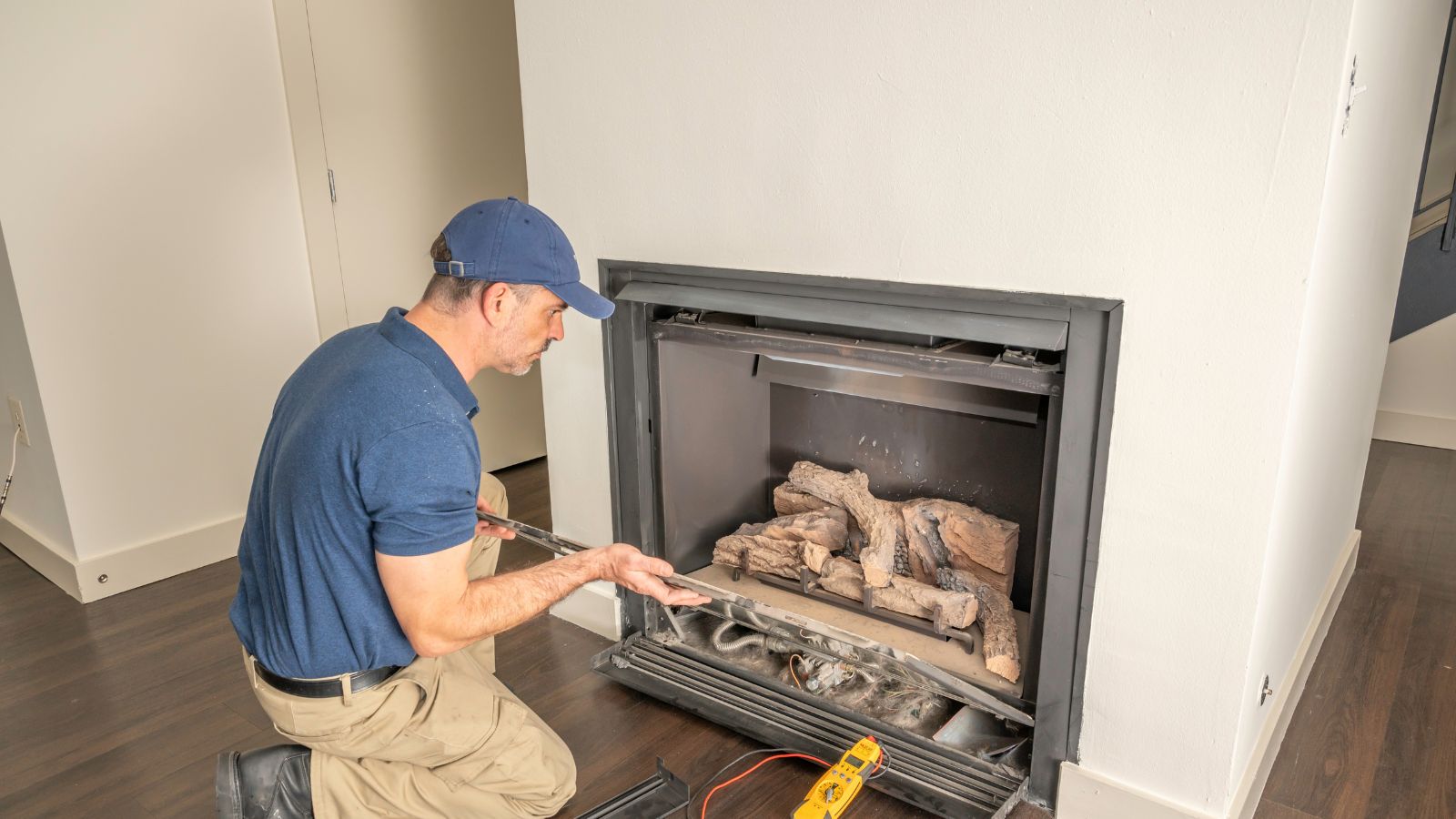
Installing or modifying a fireplace isn’t something you can do on a whim. Wood-burning, gas, and electric models alike must all meet strict safety standards to prevent fires or carbon monoxide leaks. Permits and inspections are usually required to ensure proper installation and venting.
Pool Installation
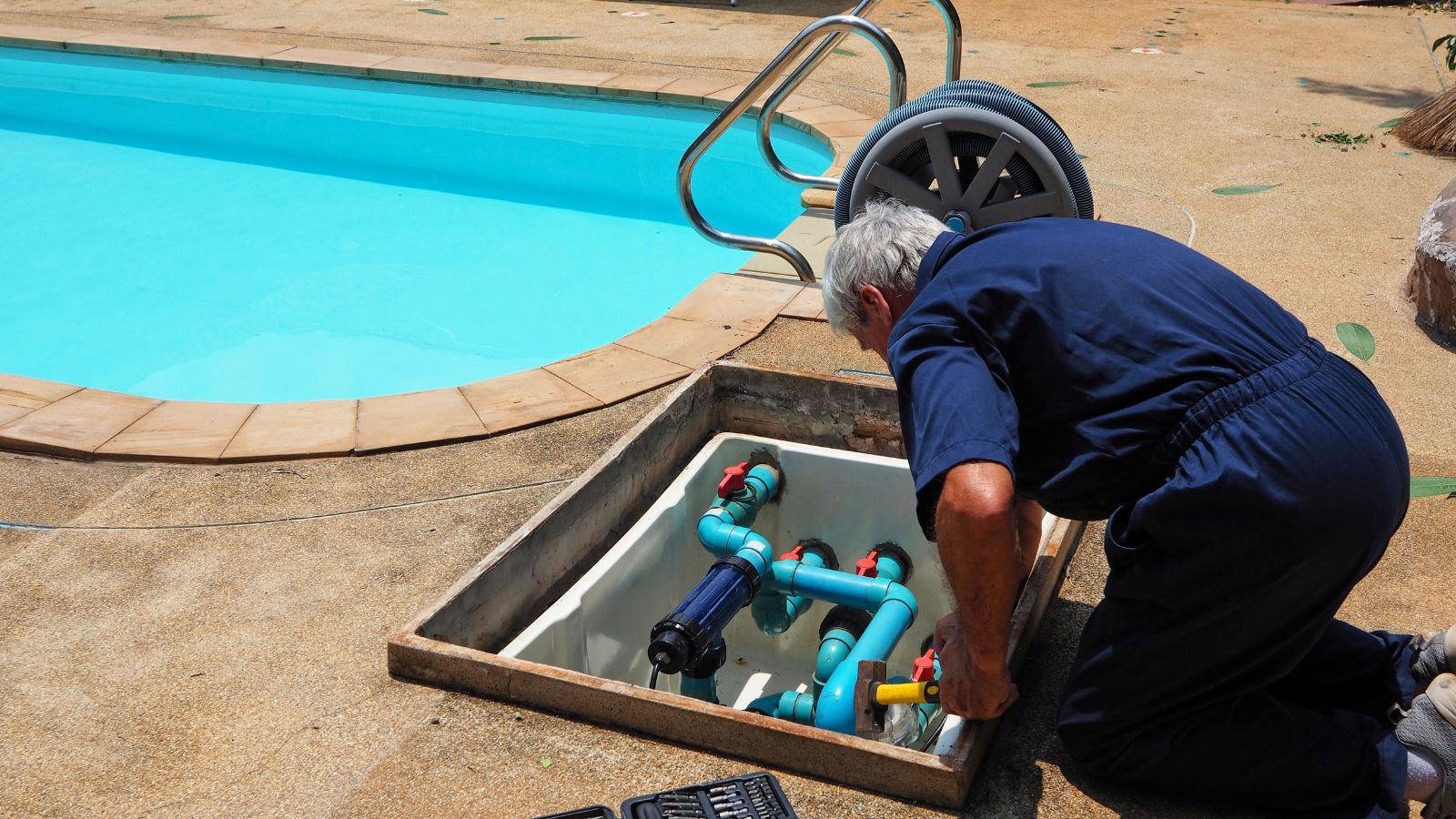
Local codes regulate everything from pool placement to fencing requirements for safety. Installing a pool without the proper permits can result in hefty fines and even the removal of the structure.
Water Heater Installation
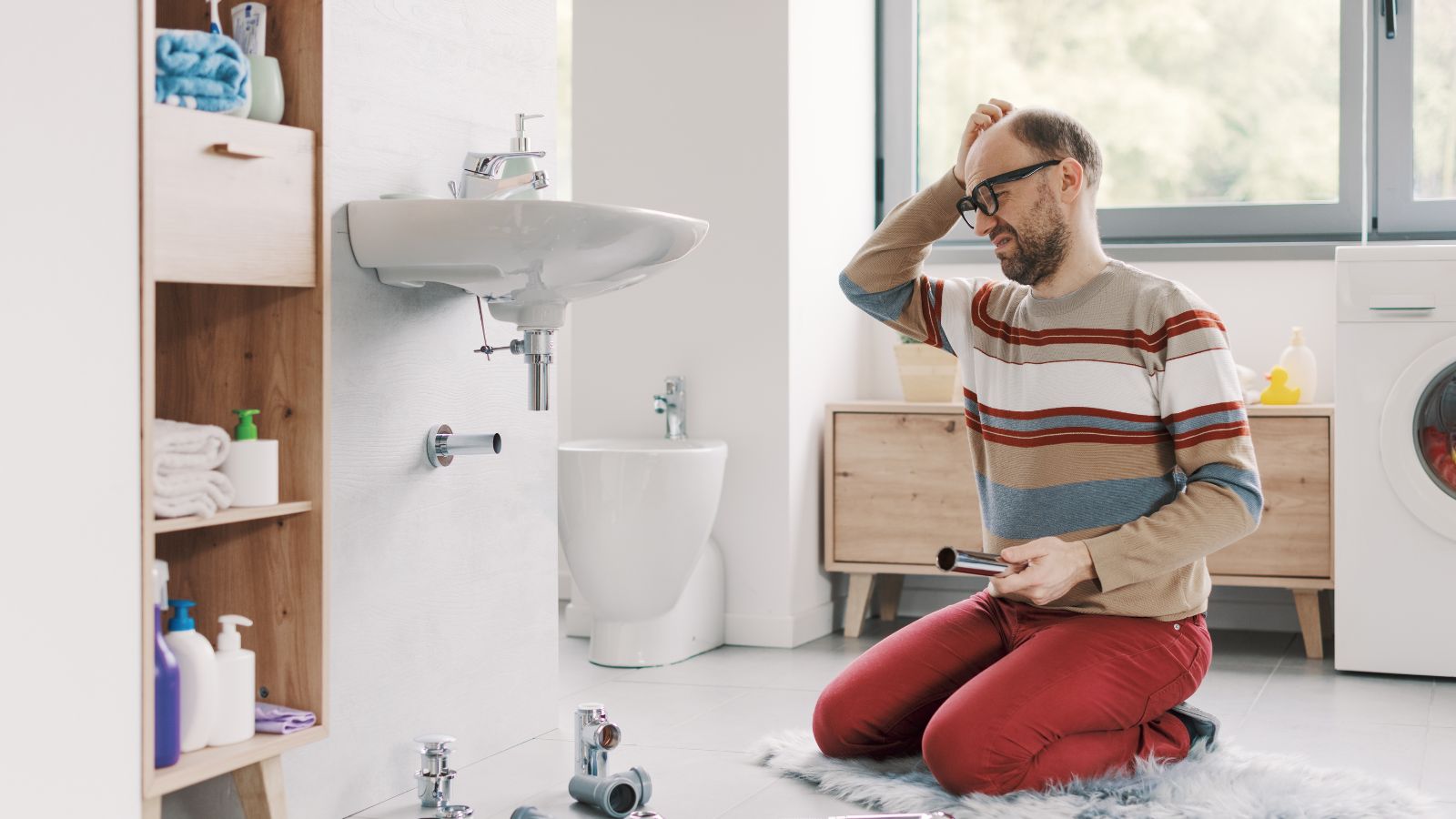
Replacing or installing a water heater might look straightforward, but it’s often illegal to do so without a licensed professional. Water heaters involve both electrical or gas connections and plumbing, all of which must comply with safety standards. Improper installation can result in gas leaks, water damage, or even explosions.
Solar Panel Installation
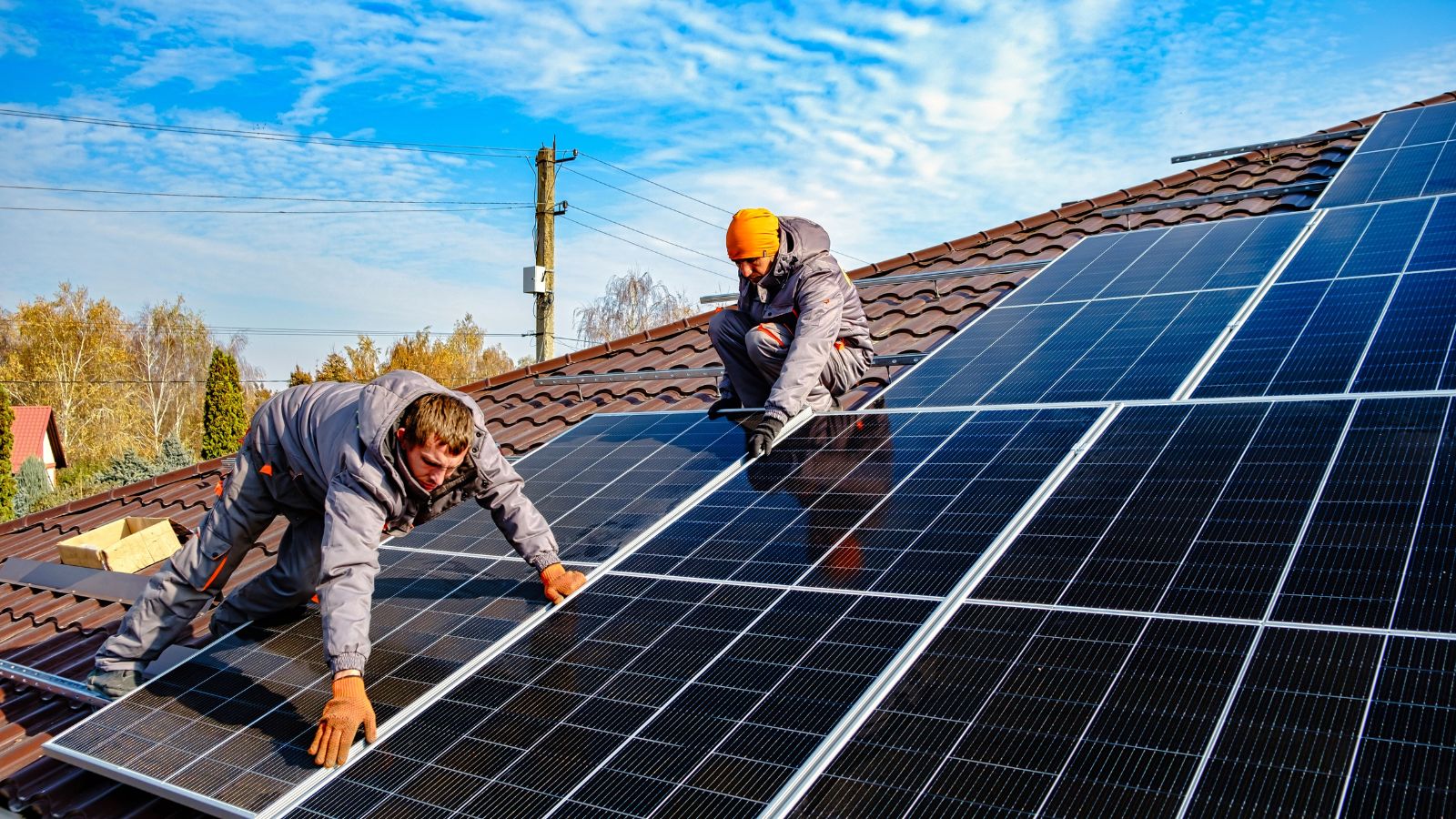
There’s been a huge rise in renewable energy, so it’s no wonder solar panels have become a popular addition to many homes. However, installing them yourself is usually against the law. Solar panel systems require precise electrical work and structural assessments to ensure safety and efficiency.
Asbestos Removal
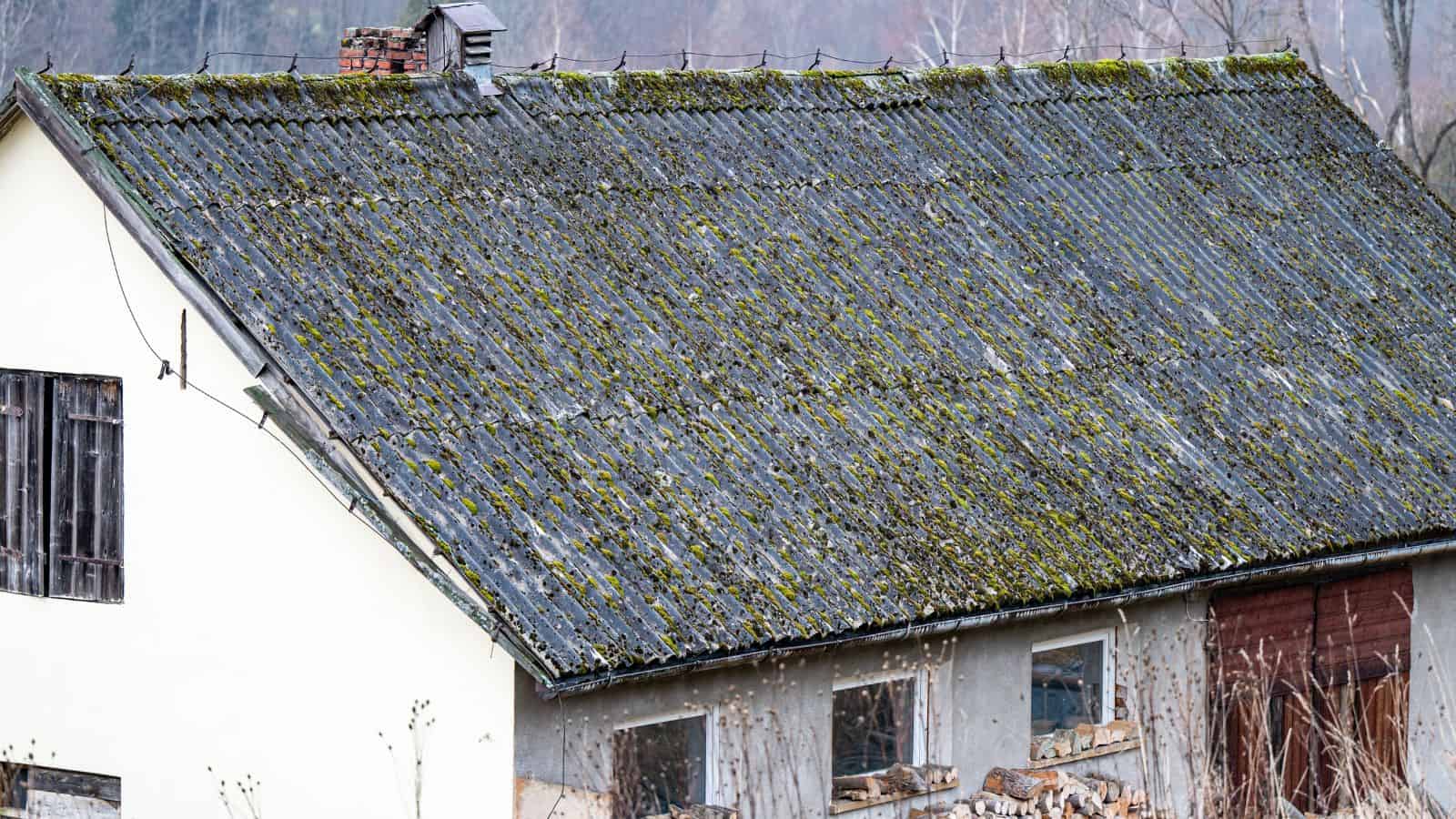
If your home was built before the 1980s, it might contain asbestos in insulation, flooring, or ceilings. Removing asbestos is a highly regulated process because disturbing it releases dangerous fibers into the air. Only certified professionals can handle asbestos removal, and doing it yourself is not only illegal but also hazardous to your health.
Demolitions
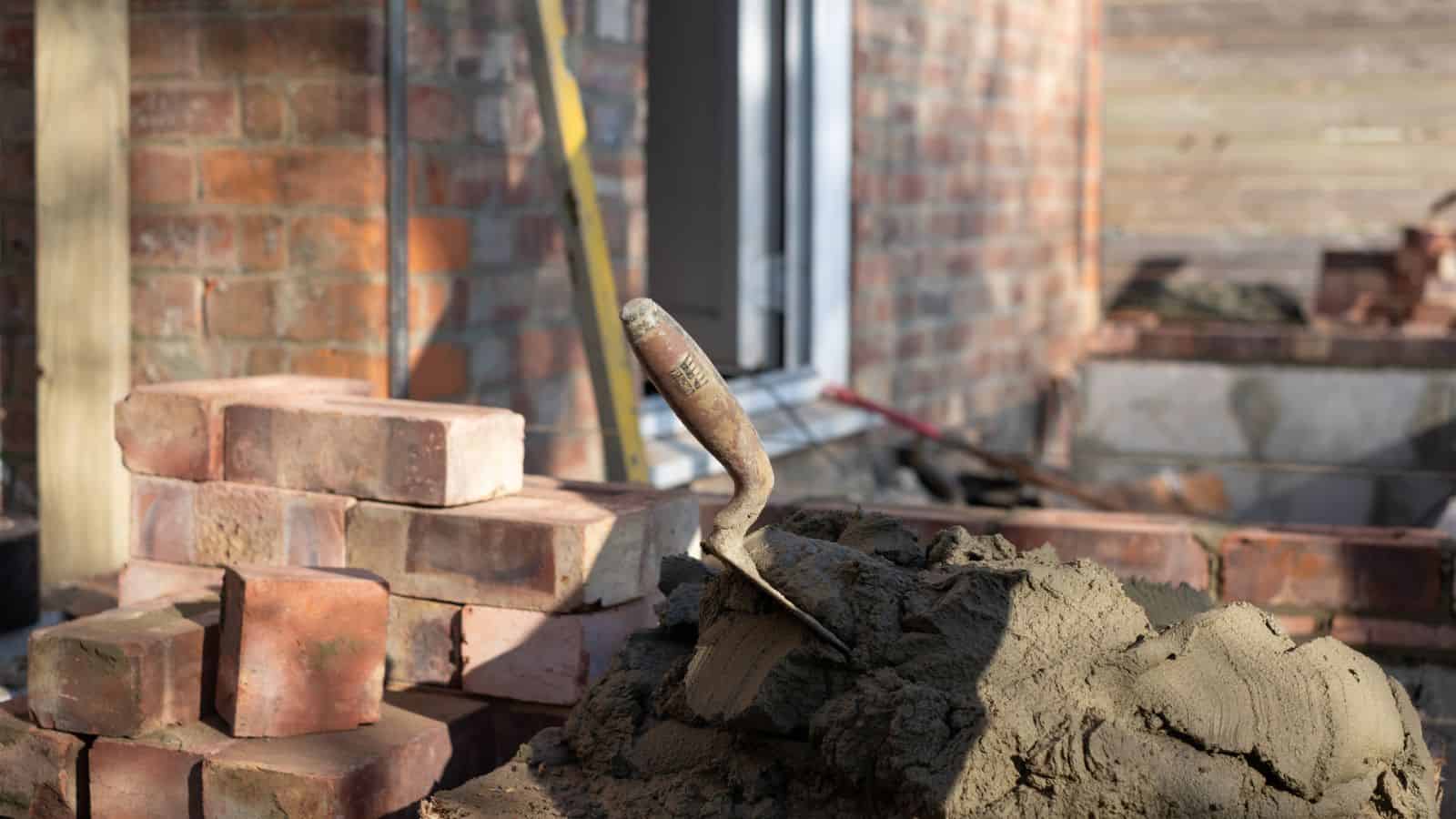
Demolishing parts of your home, like a small shed or an interior wall, might seem like a straightforward task, but it often requires permits. Demolition work can uncover hazardous materials like asbestos or lead and might impact your home’s structural stability.
Building Decks or Patios
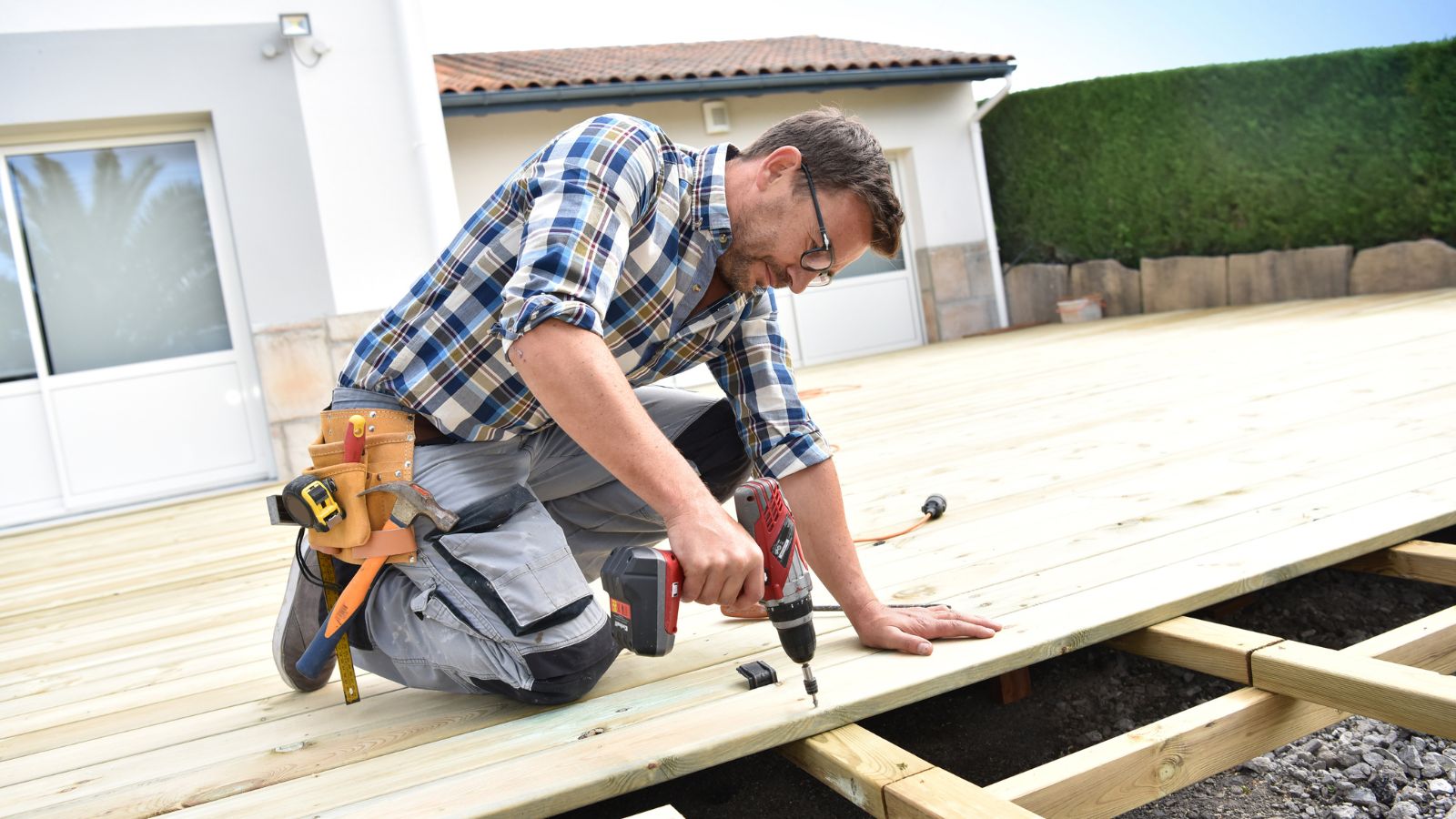
Adding a deck or patio to your home might seem like a fun DIY project, but most areas require permits for these additions. Local codes dictate everything from the type of materials to the depth of footings for stability. Improper construction can lead to accidents or structural failure, making it a job best left to licensed contractors.
